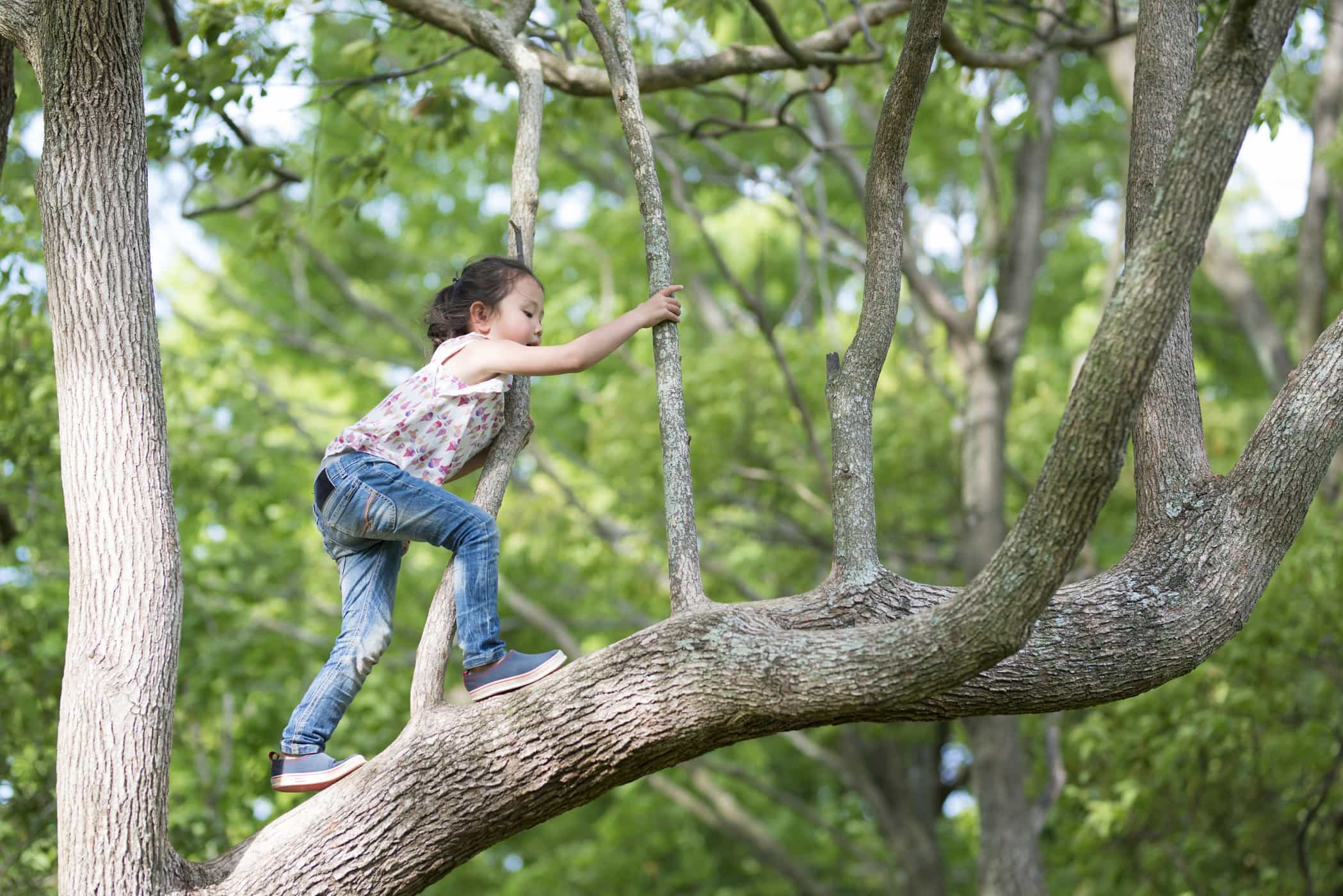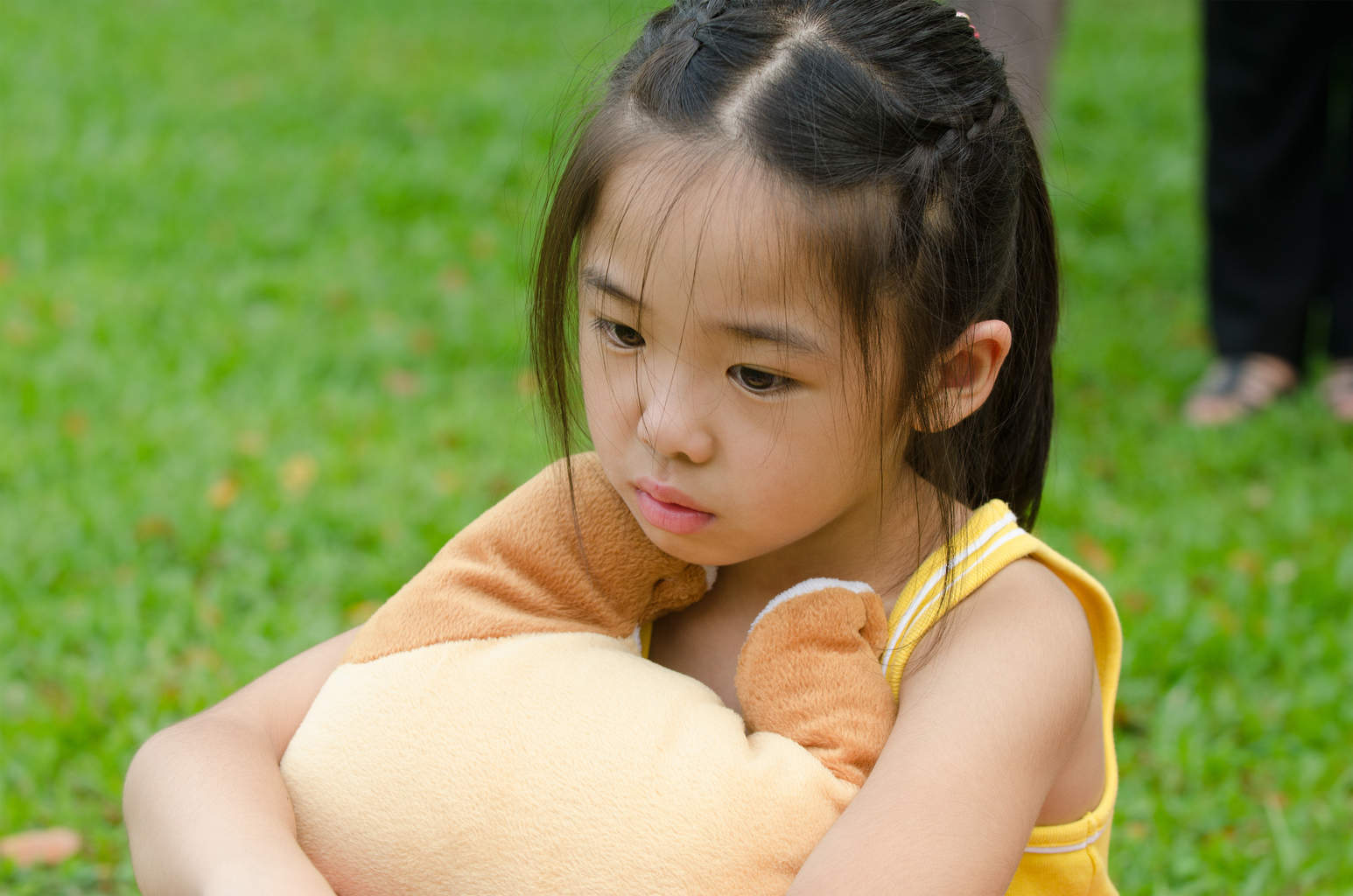Contents:
- Medical Video: 10 Kids Who Were Raised By Wild Animals
- Get to know natural therapy (ecotherapy)
- 1. Improve sleep patterns of children
- 2. Increases energy
- 3. Practice concentration
- 4. Build self-confidence
Medical Video: 10 Kids Who Were Raised By Wild Animals
Along with the times and technology, children are increasingly away from the wild. The increasing fear of parents about illness and the danger of playing outside is also another big factor. In fact, throughout human history, children grow up in the natural environment.
The child's body is actually designed to be ready to adapt in the wild. That's why a lot of people offer natural therapies today (ecotherapy) for children.
Get to know natural therapy (ecotherapy)
Natural therapy is also known as environmental therapy, green therapy, and other similar terms. This therapy has been proven to improve mood, reduce worry, stressed out, and depression, and improve children's physical fitness.
In natural therapy, children are encouraged to spend time in parks, gardens, open green spaces, beaches, mountains, and other natural environments. When in the wild, children are also encouraged to do physical activities such as playing and exploring the environment.
You don't need to ask for help from a special therapist or register a child for a particular program. Natural therapy can be done alone with family. For example, with a vacation to the mountains and beaches or by playing in the park open every afternoon.
However, is this really useful? Apparently, a number of studies have proven that playing in the wild brings a variety of positive effects to children's physical and mental health. What are the benefits?
1. Improve sleep patterns of children
Natural sunshine helps children stay fresh during the day and makes it easier to sleep at night. Treatment that is known to be effective for sleep problems at night is to treat morning sun exposure which can regulate the circadian rhythm.
Circadian rhythms or biological clocks, namely the work schedule of body organs naturally. This circadian rhythm also regulates the human wake and sleep cycle.
2. Increases energy
A study is posted in Journal of Environmental Psychology in 2010 found that being in nature increases enthusiasm, happiness, and energy.
In addition, playing outside and doing challenging activities such as climbing, jumping, or running is proven to improve fitness, bone strength, and flexibility in a child's muscles.
Children who often spend time in nature also naturally move and exercise more often than children who often stay inside the house. The World Health Organization (WHO) recommends children aged 5 to 17 to have moderate to severe physical activity for at least one hour each day.
3. Practice concentration
According to Attention Restoration Theory by Rachel Kaplan and Stephen Kaplan, the urban environment requires the child's brain to really focus on one job at a time. As a result, attention span or the child's concentration range will be quickly drained. Conversely, in the wild children will be trained to focus attention without effort.
In addition, a study in American Journal of Preventive Medicine found that children playing outdoors showed an increase in creativity, problem solving skills, ability to cooperate, and self discipline. In addition, children with ADHD proven to be more focused after playing outside the home.
4. Build self-confidence
When playing in the wild, children will be faced with a variety of new things that were unexpected before. This is where the child's ability to make decisions and measure risks will be trained.
For example when playing on the beach children see crabs. Initially your child may feel scared. However, if taught that crabs are not dangerous as long as they are not disturbed, over time the child is able to build courage and confidence to explore the environment despite the risks.
In the wild, children will learn to recognize various types of risks such as falling or being bitten by insects and thinking about how to avoid these risks.












